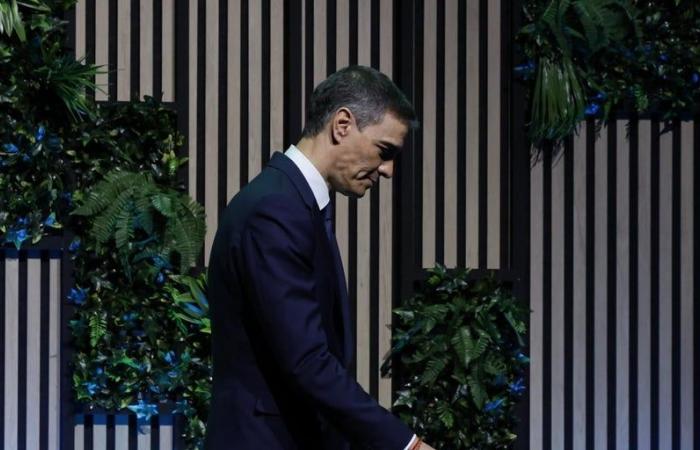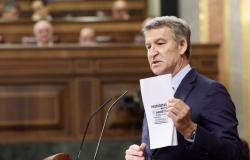
government’s commitment to achieve the military spending objective of 2% of GDP to lungs, No need to cut in other gamesit is in the opinion of the credit Dbrs Morning Star Credit Agency, the fourth big one of the rating universe after … The Big Three (S&P, Fitch and Moody’s) a chimera of improbable compliance. A report on the issue recently disseminated by the Canadian agency, which last November raised the credit rating of the Kingdom of Spain, a prediction that will have no choice but to make freezing decisions of certain expenses or reorientation towards the military industry to achieve that goal.
«The government aspires to close that gap by redirecting budgetary resources already committed and ensures that this largest budget in defense will not affect social spending or worsen public accounts. We believe that Spain will need to make more difficult budget adjustments And persistent to maintain spending in 2% of GDP, since we consider unlikely that the government can do it successfully in the long term without cutting other expenses, raising tax or delaying fiscal consolidation, ”says the firm’s analysts.
They consider that the Government will have no choice but to make difficult budgetary decisions to maintain this level of military spending over time. Their conclusions support that in the five years immediately after the pandemic public spending on GDP has risen six pointsup to 46% of GDP, compared to the previous standard, especially at the blow of unprecedented increases in social spending, especially in pensions, and that despite this, military expenditure has continued anchored in 1.1% of GDP.
With these precedents, with a fiscal adjustment plan ahead than complying and with a lower contribution to economic growth and inflation, the agency considers that the only path that will remain to Spain will be redirect expenses or freeze them in more aggressive ways or raise taxes.
The DBRS Morning Star report is known just a few hours before the President of the Government, Pedro Sánchez, appear this Wednesday in Congress to explain his plan to deploy and finance the increase up to 2% of the GDP of military spending in Spain without compromising other spending items or reducing social spending.





